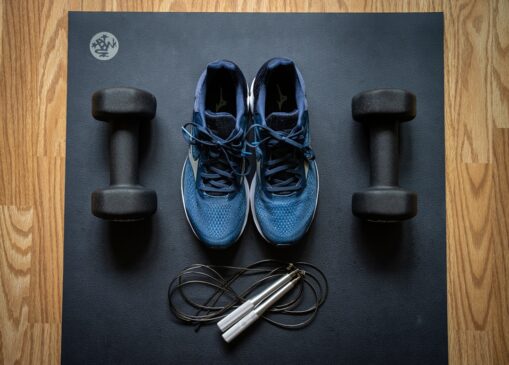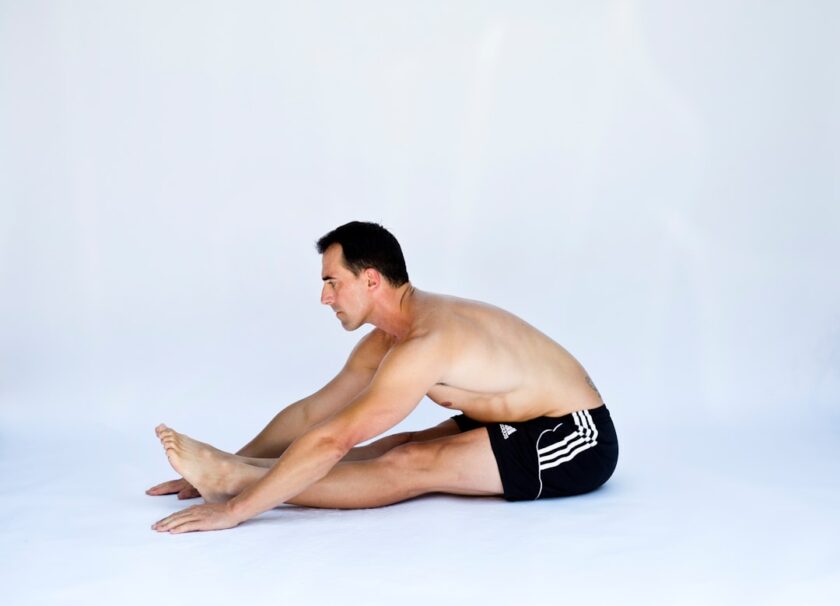The Ultimate Home Workout Plan: Your Guide to Staying Fit at Home
Whether you’re a fitness enthusiast or just beginning your journey, a well-structured home workout plan is essential for achieving your fitness goals. This guide provides a comprehensive approach to creating a home workout regimen that fits your lifestyle.
Why Choose a Home Workout Plan?
- Convenience: Work out anytime, without commuting to the gym.
- Cost-effective: No gym fees, just your body weight and minimal equipment.
- Flexibility: Tailor your workouts around your schedule and preferences.
- Comfort: Train in an environment where you feel at ease.
Assessing Your Fitness Level
Before diving into a home workout plan, it’s crucial to assess your current fitness level. Understanding where you stand will help you set realistic goals and choose the right exercises.
Self-Assessment Checklist
- Current Exercise Frequency: How many days per week do you currently exercise?
- Types of Activities: What activities do you enjoy (e.g., cardio, strength, yoga)?
- Mobility and Flexibility: Rate your flexibility and mobility on a scale of 1-10.
- Injury History: Have you experienced any injuries that might affect your workouts?
Components of an Effective Home Workout Plan
An effective home workout plan should include a balance of different workout types to enhance overall fitness. Here’s a breakdown of the key components:
- Cardiovascular Training: Essential for heart health and fat burning. Include activities like jumping jacks, running in place, or high knees.
- Strength Training: Build muscle and strength using body weight or resistance bands. Exercises like push-ups, squats, and lunges are excellent choices.
- Flexibility and Mobility: Prevent injuries and improve performance with stretching and mobility drills.
- Core Stability: Strengthen your core with planks, bicycle crunches, and leg raises.
Sample Weekly Workout Schedule
Here’s a sample home workout plan that you can follow. Adjust exercises and intensities based on your fitness level.
Weekly Structure
- Monday: Full Body Strength
- Tuesday: Cardio & Core
- Wednesday: Active Recovery (Yoga or Stretching)
- Thursday: Upper Body Strength
- Friday: Lower Body Strength
- Saturday: High-Intensity Interval Training (HIIT)
- Sunday: Rest Day
Daily Breakdown
Monday: Full Body Strength
Complete 3 sets of 10–15 reps for each exercise:
- Squats
- Push-ups
- Lunges
- Plank (hold for 30 seconds to 1 minute)
Tuesday: Cardio & Core
Perform 20-30 minutes of cardio (jogging, jumping rope) followed by:
- Russian Twists
- Bicycle Crunches
- Flutter Kicks
Wednesday: Active Recovery
Engage in gentle yoga or stretching for 30 minutes. Focus on breath and relaxation.
Thursday: Upper Body Strength
Complete 3 sets of 10–15 reps for each exercise:
- Push-ups
- Dumbbell Rows (or filled water bottles)
- Shoulder Press
- Bicep Curls
Friday: Lower Body Strength
Complete 3 sets of 10–15 reps for each exercise:
- Squats
- Glute Bridges
- Calf Raises
- Side Lunges
Saturday: HIIT
Perform the following circuit for 20 minutes, alternating between exercises with 30 seconds of rest:
- Burpees
- Mountain Climbers
- High Knees
- Jump Squats
Sunday: Rest Day
Take this time to recover and reflect on the week. Hydrate and nourish your body to prepare for the next week!
Tips for Staying on Track
- Set Clear Goals: Define what you want to achieve with your workouts.
- Keep a Workout Journal: Log your workouts and progress to stay motivated.
- Mix It Up: Change your routine regularly to prevent boredom and plateaus.
- Stay Hydrated: Drink plenty of water before, during, and after workouts.
- Find a Workout Buddy: Partner up with a friend for added motivation and accountability.
Conclusion
A home workout plan can be just as effective as exercising at a gym, provided you commit to consistency and effort. Remember to listen to your body, adjust the intensity as needed, and enjoy the process. What matters most is starting and making progress towards your fitness goals. Happy training!



